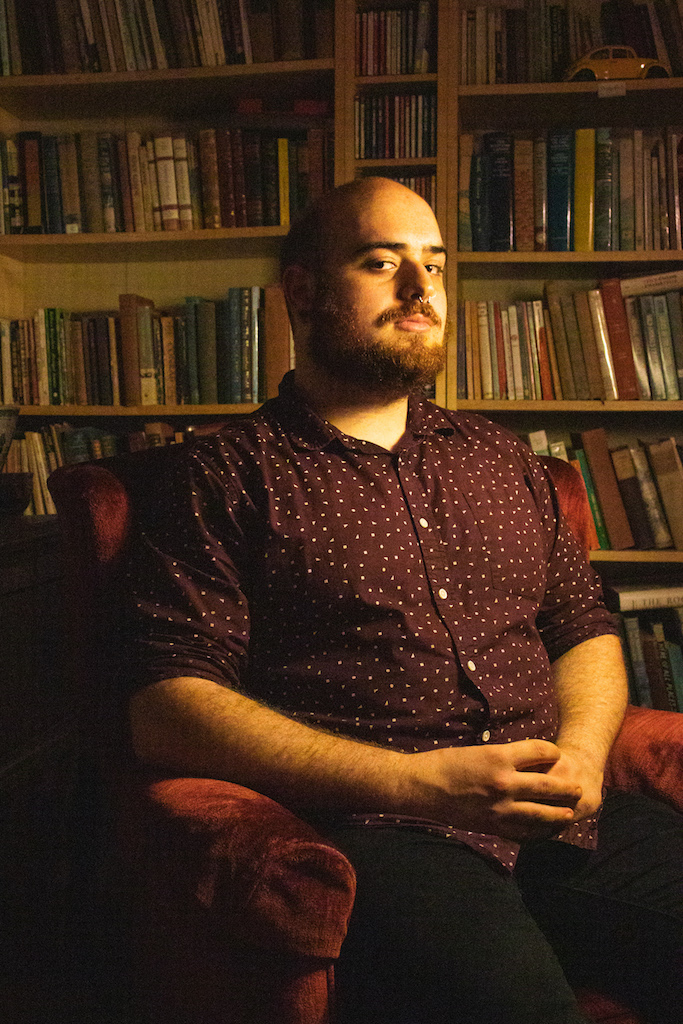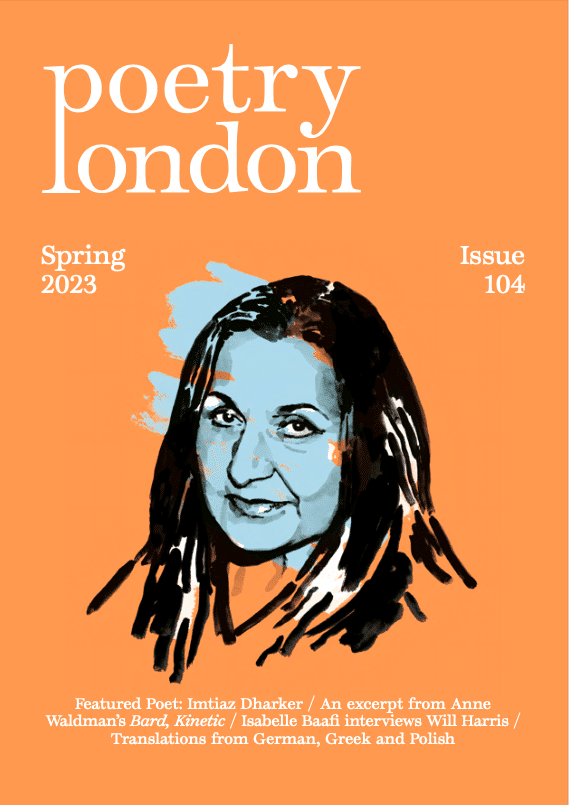In the image — any image — the Palestinian is dead. In the background, a field of rocks that once were homes, field of fallen flowers. Beyond the image, the Palestinian dies. And elsewhere, dies again. The Palestinian is witnessed dead. That witnessing, a kind of death. Of someone’s child, of someone’s sibling, of someone’s someone. The ownership of the Palestinian body, and after-image of, as another kind of death. The circulation of the image as anti anti/ownership. Ours, in some disembodied landsense which, presuming we are living, can’t be ours. The ours implicated as a kind of death. The anti/ownership constituted by our living as another death. The circulation of the image as a motion with a void at its center, beating. Void which says look into me, and festers in the un-looking. Void which is opposite of image, after of sounds’s after. Not dis/embodied but the / between. The Palestinian dies in, and against, the image, any image. The Palestinian dies in the image, stone in hand. The Palestinian dies in the image, roof ablaze. The Palestinian dies in the landscape’s impossible green. The Palestinian dies in, and as, rubble. In the image, a politics of verticality. Beneath settler’s acid. Beneath settler’s rain. Any image. The Palestinian dies on screen. The smartphone powered by dying acid. In the background of an image, a teenager, 3-lettered badge on their chest, machine gun pitched towards god, smiles into the sun, setting over the horizon of a Palestinian corpse. In the image, a reddening sea. The american, believing we are all fragments of fragments of the same dismembered starlight, rubs their face with our dead & oceanic, to perform an image they name Birthright. A european digs and. A country. The west shares the image. After which, there is no after. It is 2022. Westward, the image is shared. The image, mistaken for an imperial siege on Ukraine, draws outrage beyond nation. The image is a Palestinian image, clarifies the Associated Press. The image dies again in dis-recognition. The living Palestinians die in the anti-mirror of the image’s rot cycle. The Palestinians die in their living. The failure of these visual archives as a kind of death. Eye of camera, I of state. Death by which the west sanitizes our deaths with their empathy. Digestible until desensitized. Owned, dis-imagined, eventually. The border becween I and arch(i)ve as a line drawn in terror. The void at the center of the image’s circulation, calling my every name. To stand at the event horizon of terror itself, and say my gazing, because of my living, is not enough. To call it razing. To move beyond w(h)it(e)ness of space itself, so that we may search for the return of our selves amidst the chaos of fallen stars. To name my spiraling origin an america of. To know what I’m searching for will require, of my body, of the many selves beyond it, an unknowable number of uncountable deaths.
Field Notes on Terror & Beginnings
George Abraham
Feature Date
- July 6, 2023
Series
Selected By
Share This Poem
Print This Poem
Copyright © 2023 by George Abraham.
All rights reserved.
Reproduced by Poetry Daily with permission.

George Abraham (they/هو) is a Palestinian American poet. Their debut poetry collection Birthright (Button Poetry, 2020) won the Arab American Book Award and was a Lambda Literary Award finalist. They are a recipient of fellowships from Kundiman, The Arab American National Museum, Sewanee Writers’ Conference, National Performance Network, and are currently executive editor of Mizna. They are currently co-editing a Palestinian global anglophone poetry anthology with Noor Hindi (Haymarket Books, 2024) and are a Litowitz MFA+MA candidate at Northwestern University.

104
London
England
Poetry Editor
André Naffis-Sahely
Reviews Editor
Isabelle Baafi
Poetry London is an arts charity and leading international poetry magazine where acclaimed contemporary poets share pages with exciting new names. Published three times a year in February, May and September, each issue contains new poetry, incisive reviews and features. Poetry London holds an annual poetry competition and launches each issue with readings from distinguished poet contributors to the magazine.
“Its eclectic international editorial vision makes Poetry London one of the very few best, essential poetry magazines in English.”
—Stephen Berg, Editor, The American Poetry Review
“Poetry London has long been essential reading. Try imagining contemporary poetry without it.”
—Sean O’Brien
“Poetry London spreads its net wide to include the latest from Europe, American and other parts of the world, as well as from the islands of Britain and Ireland: work by new poets and established ones. The reviews are intelligent and articulate. The design is simple and accessible. In other words, it’s one of the best poetry magazines around.”
—Ciaran Carson
Poetry Daily Depends on You
With your support, we make reading the best contemporary poetry a treasured daily experience. Consider a contribution today.



